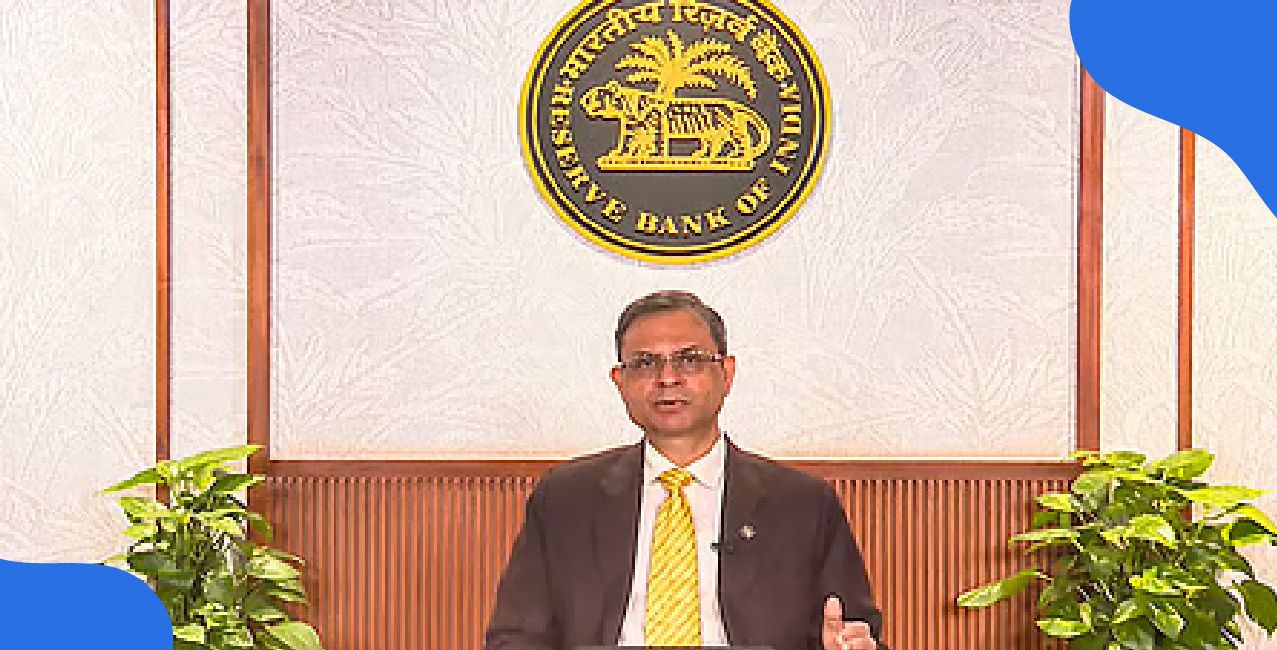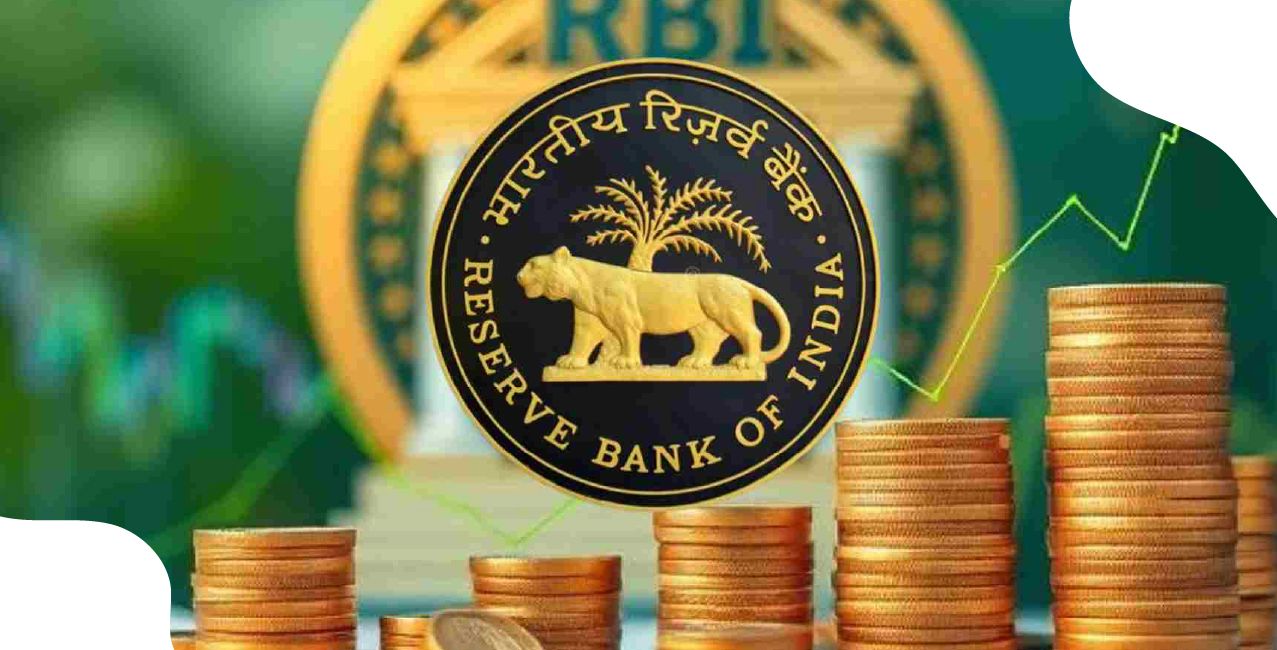RBI Reforms Attract HNIs & Family Offices to Corporate Debt – Updated Guide

Check Your Loan Eligibility Now
By continuing, you agree to LoansJagat's Credit Report Terms of Use, Terms and Conditions, Privacy Policy, and authorize contact via Call, SMS, Email, or WhatsApp
Loans against listed debt securities now see fresh interest from private investors and family offices.
Why do most wealthy investors rarely use their bond portfolios to raise loans? Until recently, RBI rules allowed very little credit against corporate bonds, making them less attractive for those needing liquidity.
That has changed. The Reserve Bank of India has lifted the lending cap on loans against listed corporate debt. The change is prompting high-net-worth individuals (HNIs) and family offices to reassess India’s expanding corporate debt market.
Loan Limits Scrapped: What Has Changed Now?
On 6 October 2025, the RBI announced a significant shift. The earlier cap of ₹20 lakh on loans against listed corporate debt was removed. Alongside, the loan limit against listed shares was raised from ₹20 lakh to ₹ 1 crore.
This change comes as bond-backed borrowing has remained slow. According to RBI’s latest sectoral credit data from August 2025, loans against shares and bonds stood at ₹9,807 crore. This represented a 0.9 percent increase from the previous year.
The table below shows how the loan limits have changed after the new circular:
This relaxation enables private investors to unlock funds without having to sell their holdings. It also supports the RBI’s broader goal to strengthen the corporate bond ecosystem in India.
Up next, the focus shifts to how family offices are responding.
Family Offices Begin To Rethink Debt Strategies
Family offices, which manage wealth for wealthy families, are no longer just passive investors. They are now considering corporate bonds as a means to manage cash, not just to earn interest. These entities are exploring how to use their bond holdings as collateral and raise flexible funds.
One of the most significant boosts to this trend came earlier in April 2025. The RBI removed the 30 percent cap on short-term corporate debt exposure for Foreign Portfolio Investors (FPIs). It also scrapped the 10- to 15-percent cap on exposure to a single issuer. The investment cap for corporate debt by FPIs was revised to ₹8.80 lakh crore for the October 2025 to March 2026 period.
Here's a simple look at what changed:
These changes give both domestic and foreign investors a reason to revisit the corporate debt market. Family offices can now plan larger and more flexible debt portfolios.
Let’s look back at past policies to see how this fits into the bigger picture.
Debt Market Reforms Not Happening In Isolation
The October 2025 reform follows a pattern seen throughout the year. In April 2025, the RBI permitted balances in Special Rupee Vostro Accounts (SRVAs) to be invested in corporate bonds and commercial paper.
This allowed non-resident entities to deploy unused rupee balances into India’s private credit system.
Another update, also from April 2025, allowed the securitisation of bad loans. This gave financial institutions the green light to bundle and sell stressed debt. According to a Reuters report dated April 15, 2025, the volume of securitized loans rose 25 percent year-over-year to ₹2.3 trillion.
These earlier reforms set the stage for the current momentum in debt-based fundraising.
Together, these steps show a steady effort to help private credit grow in India. Next, compare past policies with the actions being taken now.
Rules For Private Investors Shift Over Time
Family offices in India have operated in a loose regulatory environment for years. These are private investment firms that manage wealth for individuals or families. They were rarely covered under direct guidelines from the RBI or SEBI.
In September 2025, there were reports suggesting SEBI was planning to regulate family offices. The claim was that SEBI might ask for disclosures of financial returns and investments. But on 3 October 2025, SEBI publicly denied these reports. The market regulator said there were no such proposals under review.
The table below shows the current status of regulatory views:
Though still outside tight control, family offices remain important players in the wider investment scene. If corporate debt grows further, policy attention on such entities may return.
Next, a quick look at how investor behaviour is changing post-reform.
Investors Eye Corporate Debt With Fresh Interest
With the new rules in place, many high net worth individuals are rebuilding or reshaping their fixed-income portfolios. According to a recent LoansJagat article “Top Reasons Why India’s Corporate Prefer Market Bonds and Not Bank Loans”, the total stock of corporate bonds rose to ₹53.6 trillion by March 2025, reflecting a structural shift toward bond markets over traditional bank credit.
New structured debt products are emerging. These use bond ladders or mix ratings to offer a balance of safety and returns. Experts note that wealthy investors now prefer solutions that blend security with flexibility.
The RBI is also signalling support for deeper market tools. Discussions are underway between RBI and SEBI about introducing bond index derivatives in India, which would help investors hedge bond positions and draw more capital into debt markets.
Conclusion
The RBI’s step to remove the loan cap against corporate bonds has given the debt market a new path. HNIs and family offices are now actively exploring how bonds can be used as credit tools.
With growing interest, better rules, and foreign capital flows, corporate debt may soon become more than just a yield generator. It could evolve into a mainline strategy for private wealth in India.
About the author

LoansJagat Team
Contributor‘Simplify Finance for Everyone.’ This is the common goal of our team, as we try to explain any topic with relatable examples. From personal to business finance, managing EMIs to becoming debt-free, we do extensive research on each and every parameter, so you don’t have to. Scroll up and have a look at what 15+ years of experience in the BFSI sector looks like.
Subscribe Now
Related Blog Post

Home Loan Interest Rates 2025 Deliver Major EMI Relief, Will Borrowers See More Gains In 2026?

Will the Indian Rupee Stabilise in 2026 After a Volatile 2025?

RBI Draft Rules Target Surprise Costs in Overseas Payments
Recent Blogs
All Topics
Contents
Quick Apply Loan
Consolidate your debts into one easy EMI.
Takes less than 2 minutes. No paperwork.
10 Lakhs+
Trusted Customers
2000 Cr+
Loans Disbursed
4.7/5
Google Reviews
20+
Banks & NBFCs Offers
Other services mentioned in this article





